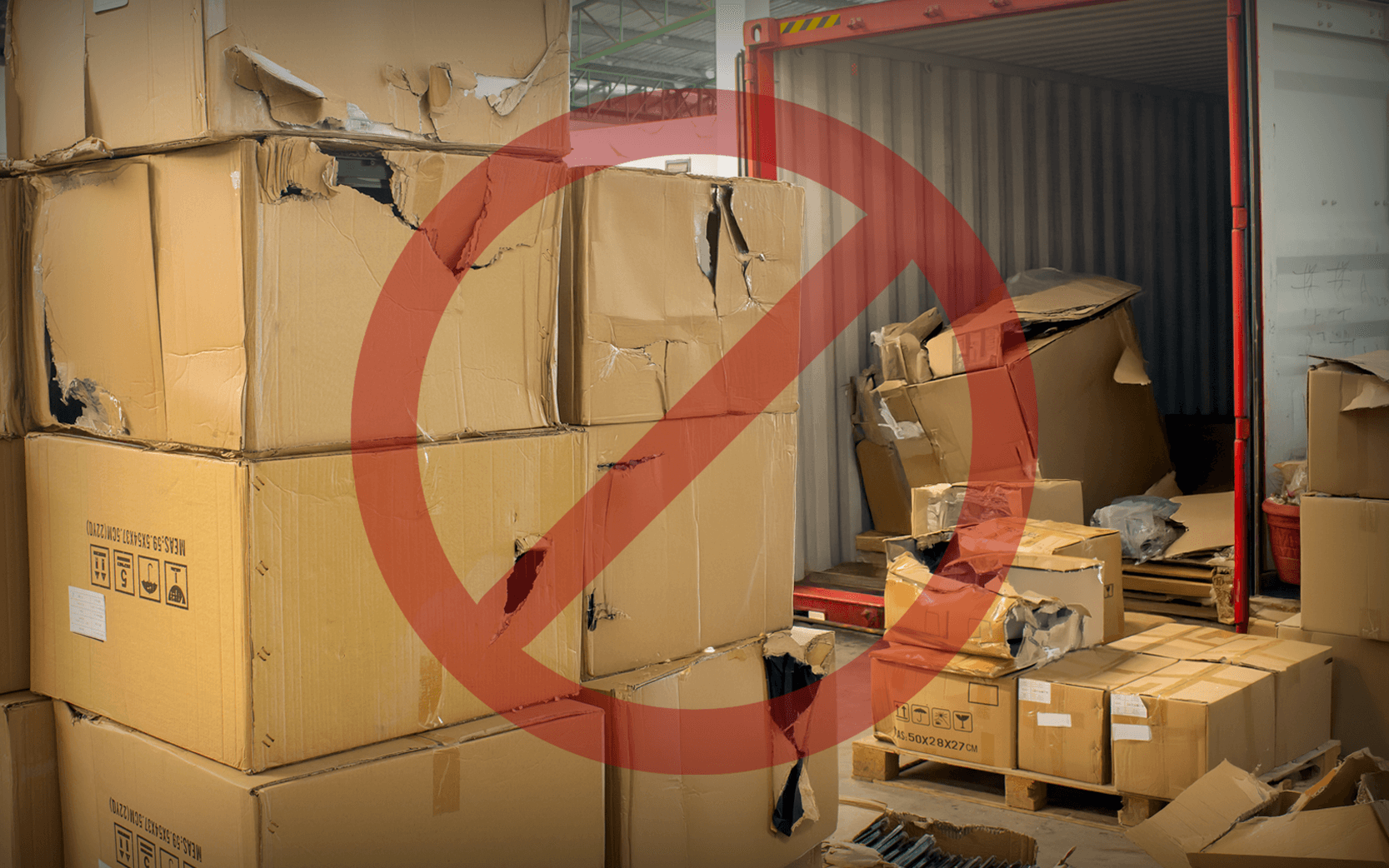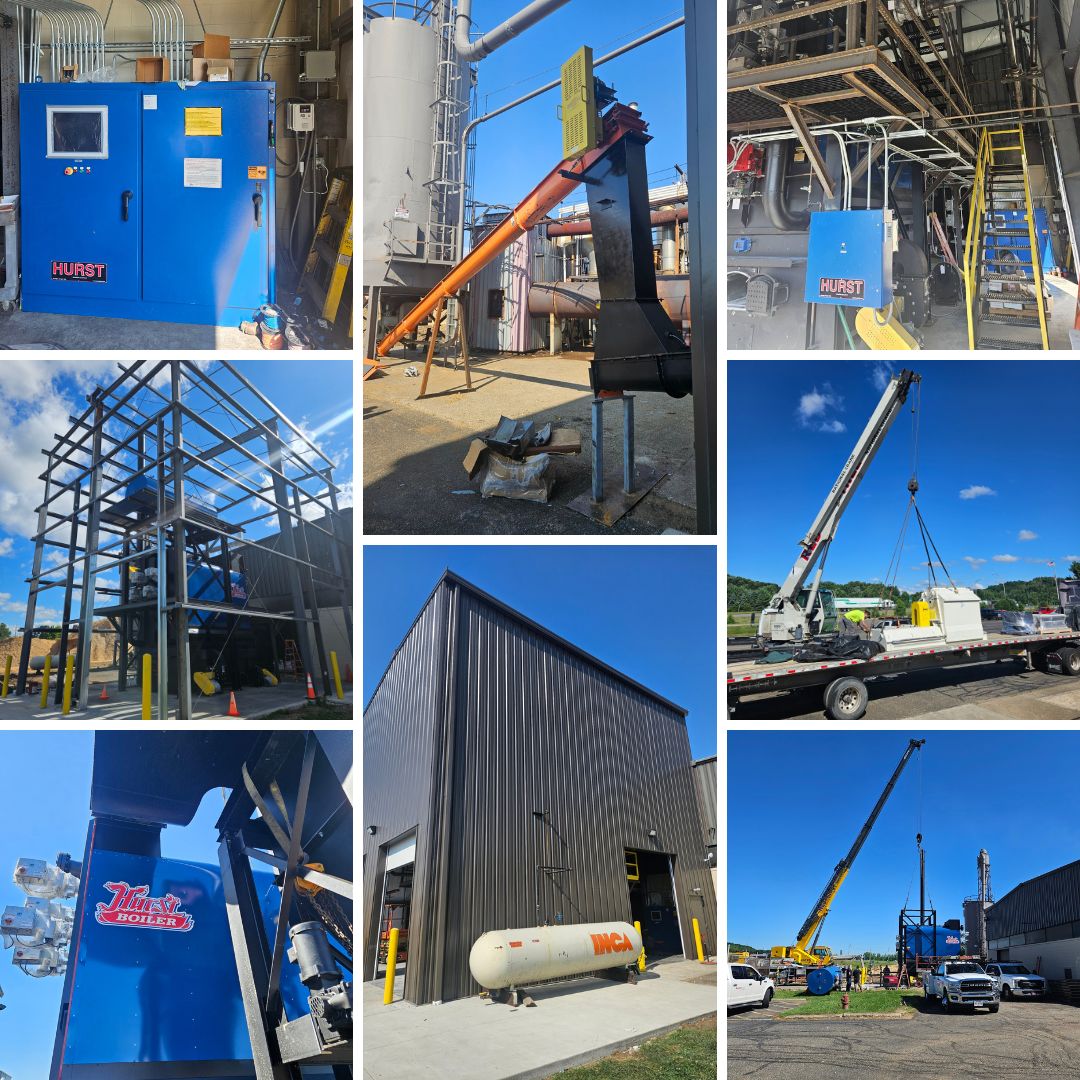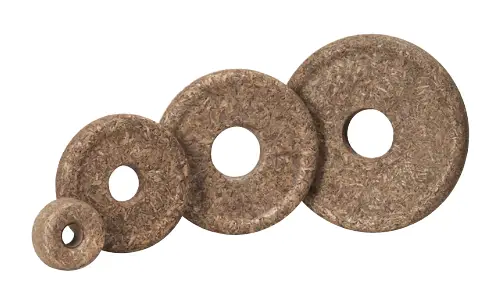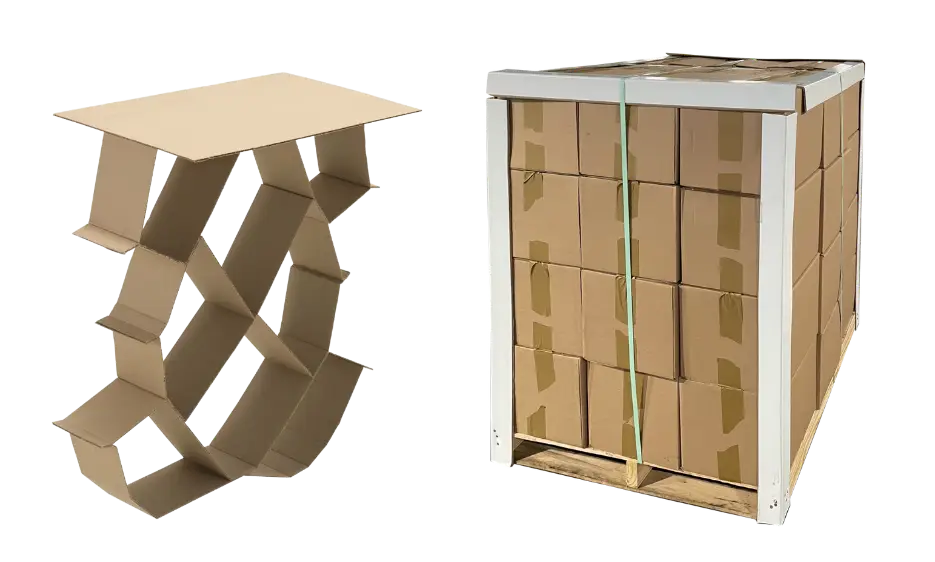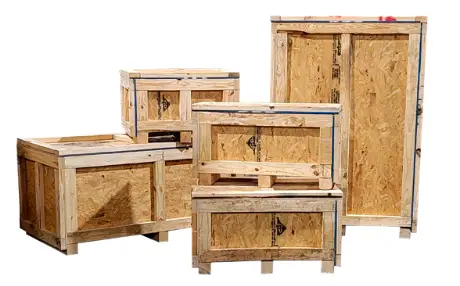The ISPM-15 standard is designed to prevent the spread of insects and disease via overseas wood packaging materials such as crates, dunnage, and pallets. The ISPM 15 logo stamp certifies that a wooden pallet has been manufactured using debarked lumber and heat treated or fumigated, making it free of insects and safe for export use. Although the ISPM 15 standard for new pallets is quite unambiguous, the same cannot be said of recycled pallets. Because recycled pallets constitute a significant component of the available pool, the National Wooden Pallet & Container Association (NWPCA) recently sought clarification from American Lumber Standard Committee (ALSC) to eliminate discrepancies in how various ISPM-15 certification agencies view recycled pallets.
Chaille Brindley’s recent Pallet Enterprise article offers a concise treatment of the controversy surrounding ISPM 15 marks on recycled pallets. Although some recyclers have been asked to remove ISPM 15 marks on all pallets during intake, others have been told to remove the marks only in instances where a pallet is repaired. According to Tom Searles, president of ALSC, “The only time that it is required to remove IPPC marks from wood packaging material (WPM) is when the WPM has been repaired. If the WPM is passed through the facility with no repair there is no requirement to remove the mark.”
The ALSC’s stance on heat treating repaired pallets has also been clarified. The NWPCA has pushed for a ruling allowing the use of heat treated boards to repair damaged ISPM 15 pallets, but the ALSC is standing its ground: the entire pallet must be re-treated. Recyclers are quick to point out inspectors in other countries, including Canada, permit the use of heat treated boards to repair recycled pallets, but for now, the ALSC stance is clear: more stringent standards ensure the integrity of the program and protect recyclers from being held liable for a pest interception.
As a manufacturer engaged in the export of goods overseas, the use of recycled pallets raises a number of questions. Your pallets may bear the ISPM 15 stamp, but have they been exposed to insects or diseased wood since they were heat treated? How can you verify repaired pallets are re-treated at the recycling facility? Lingering doubts to these questions may tip the scales in favor of new, ISPM 15 certified pallets, but there is another option.
Because Litco’s presswood export pallets are produced using high heat and pressure, they are considered “processed” wood packaging. Therefore, they are not regulated by ISPM 15 and do not require additional heat treatment and an export-ready stamp. They have been used for export shipping and accepted at destinations across the globe for over 30 years.
Litco export pallets are also 60% lighter and thanks to their nestable design, offer a space saving ratio of 4-1 over conventional wooden pallets. If the cost of new, heat treated pallets or compliance issues associated with the use of recycled pallets are concerns, perhaps it is time to consider presswood export pallets. To learn more, or to request a cost comparison quote, contact Litco International for more information.
